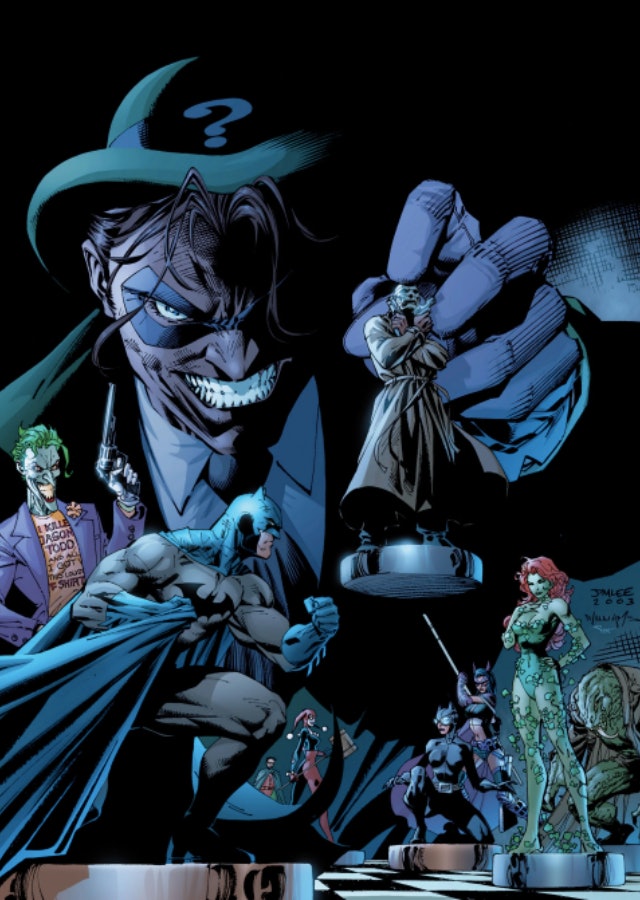
With The Batman now streaming on HBO Max, fans have a chance to pour over the nearly three-hour film, looking for clues and details they have missed the first time around. Several such details have nagged at me since I first saw the film, and they all relate to Paul Dano’s Riddler and his connection to the comic villain Hush.
Hush: The backstory
Hush became one of Batman’s breakout villains when he first appeared in Jeph Loeb and Jim Lee’s celebrated Hush storyline in Batman in 2002. The comic, which served as an entry point for many modern Batman fans, introduced a bandage-wrapped villain who torments Batman with a plan that involves most of the Caped Crusader’s infamous rogues’ gallery.
But Hush is merely a chess piece in a much larger game being played by a more famous Batman villain. The Riddler, dying of cancer and equipped with the knowledge that Batman is Bruce Wayne, seeks to destroy the so-called “world’s greatest detective” and prove himself as the Dark Knight’s most brilliant foe — and not just a gimmicky bad guy in a green suit.
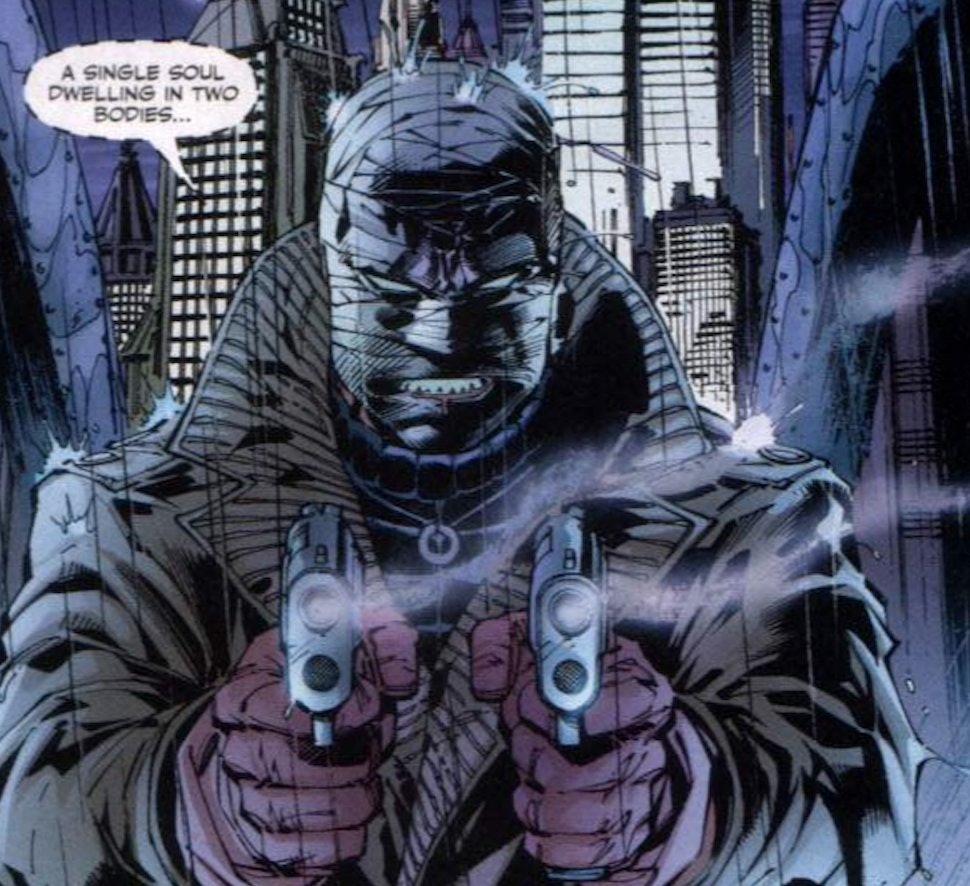
Despite The Riddler’s plan, it was Hush who stole the spotlight. He went on to define many of Batman’s stories in the following decade.
A big part of Hush’s popularity is the mystery of his identity. While everyone from Harvey Dent to Selina Kyle is initially a suspect, it’s eventually revealed within Loeb and Lee’s arc that Hush is actually Dr. Tommy Elliot, a childhood friend of Bruce Wayne who was jealous of his orphanhood and sought to murder his own abusive parents to inherit their wealth.
So what does Hush have to do with Matt Reeves’ The Batman? Let’s take a closer look.
The theory: Hush = Riddler
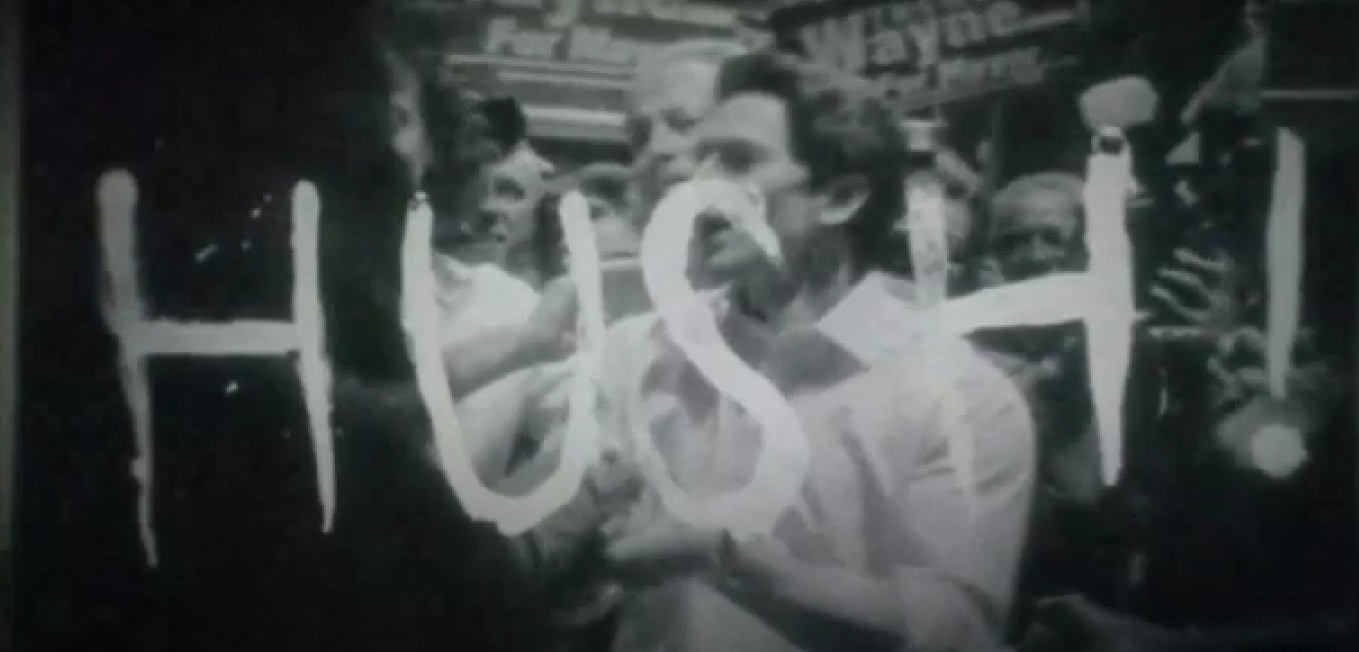
I believe that with The Batman, Matt Reeves has synthesized The Riddler and Hush into one individual, making The Riddler’s true identity none other than... Thomas Elliot.
This wouldn’t be the first time such an attempt has been made. In the animated adaptation, Batman: Hush (2019) — which honestly leaves much to be desired — The Riddler is Hush, while Tommy Elliot is a victim of the bandaged villain. The Batman may have delivered a better take on that adaptation, one in which The Riddler and Elliot aren’t two separate individuals. Instead, The Riddler may be a step on Elliot’s path to becoming Hush in The Batman 2 (or whatever Warner calls its inevitable sequel).
The evidence — When The Riddler is captured in the diner near the end of The Batman, the police find two IDs: Patrick Parker and Edward Nashton. When asked who he is, Riddler replies, “You tell me.” A cop later says the Nashton ID checked out at his place of employment, but that doesn’t mean Nashton is his real name (despite it being Riddler’s real name in the comics as of 2013).
After all, if “Parker” is a false ID, then surely Nashton could be as well. If The Batman makes one thing clear, it’s that these versions of Riddler and Batman share a total lack of interest in establishing their own identities outside of their respective masks.
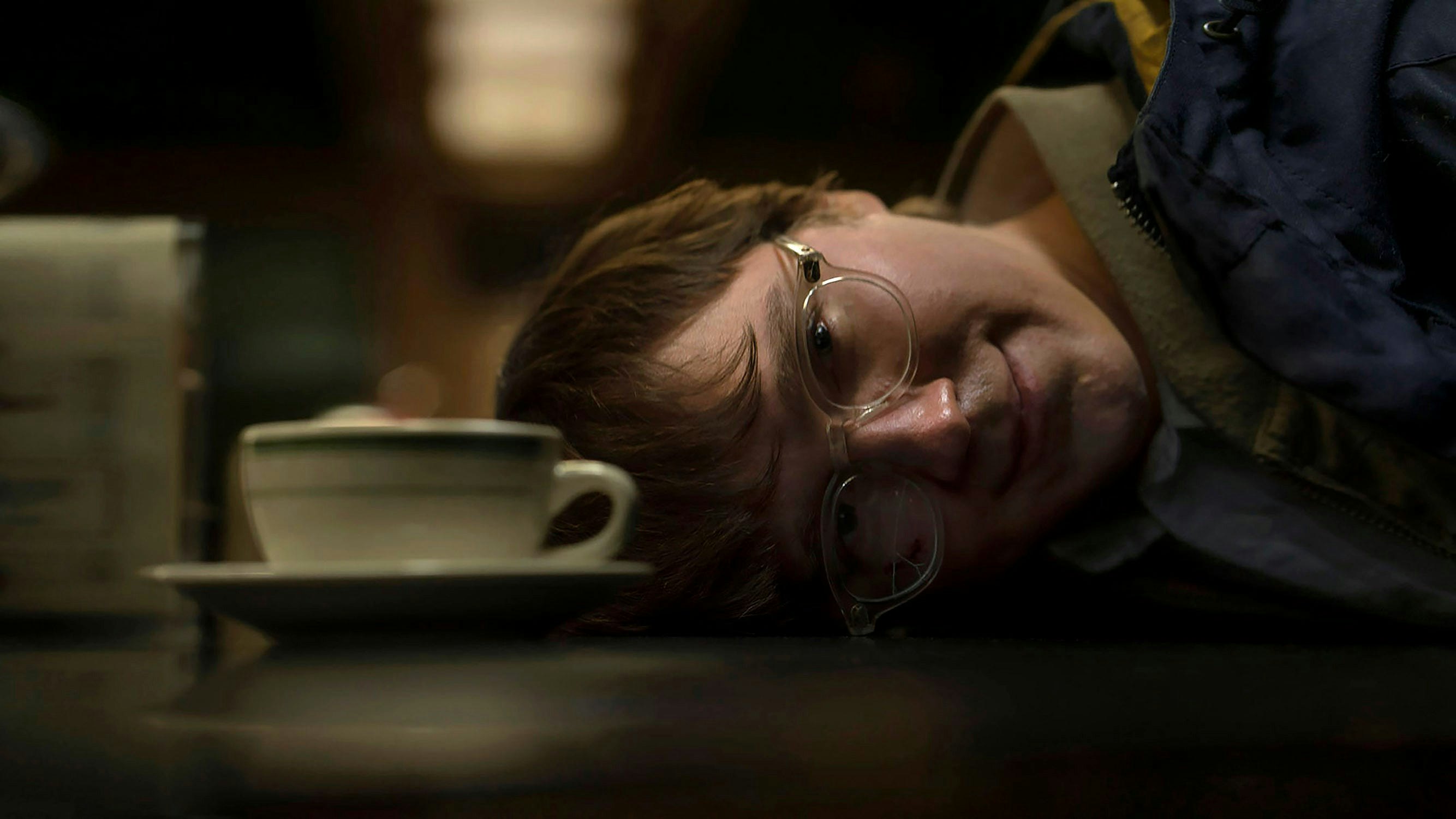
Let’s backtrack a bit. As we learn in the film, The Riddler grew up in Gotham Orphanage. We don’t know at what age he landed there but most of his youth was spent at the orphanage and he can be seen in the children’s choir during Thomas Wayne’s mayoral campaign visit.
Notably, The Riddler also draws attention to the work of a reporter name Edward Elliot, who was murdered for attempting to uncover the truth about Bruce Wayne’s parents. In the comics, Edward Elliot is a minor character who is the great-grandfather of Tommy Elliot (aka, Hush). He makes his only appearance in The Gates of Gotham (2012) by Scott Snyder, Kyle Higgins, and Trevor McCarthy.
Given that Reeves is such a well-versed Batman comics fan and has cited Snyder’s work as an influence many times, this name choice has to be deliberate. Reeves, a self-proclaimed fan of Hush, isn’t going to invoke the name Elliot without knowing the weight it carries in the world of Batman.
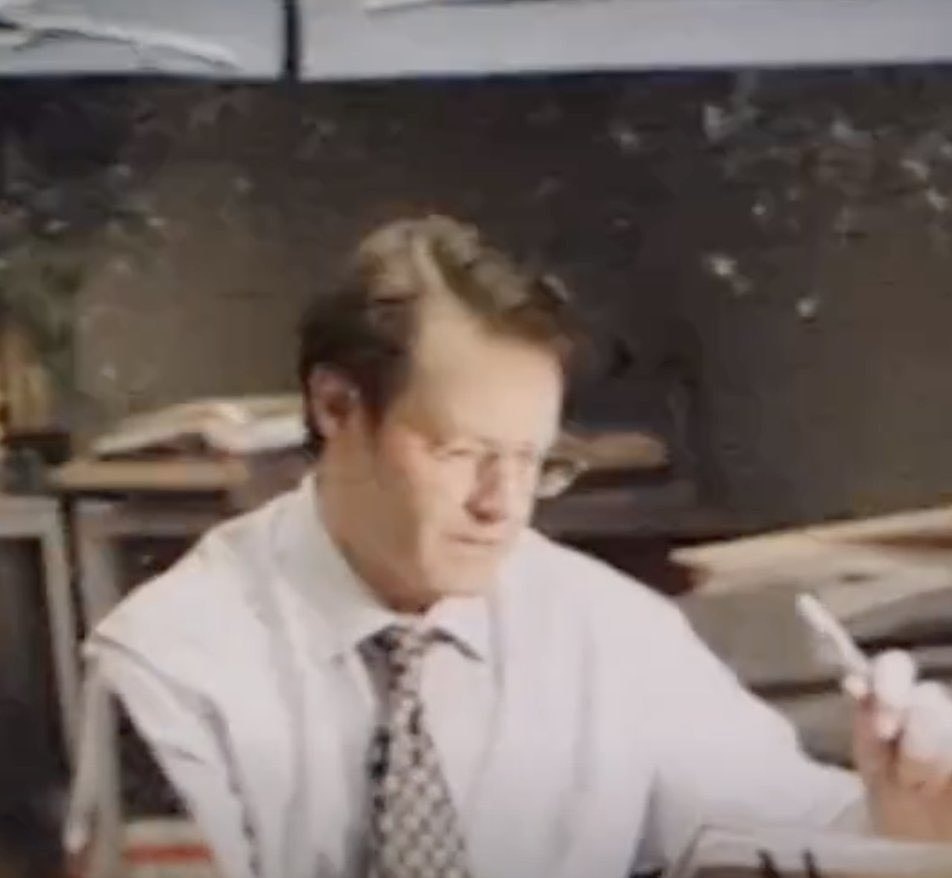
As revealed in The Batman, Edward Elliot discovered that Thomas’ wife Martha Wayne (née Arkham) was institutionalized several times over the years. The photo of Edward Elliot in Riddler’s slideshow also looks strikingly similar to Paul Dano’s “Nashton.” His soft jawline, unassuming features, glasses, and hair parted the same way as the young “Nashton” in the choir photo all set up a visual similarity between the two that I feel can’t be coincidental. Elliot even wears a chessboard patterned tie, and a chessboard was a reoccurring motif in Hush — the Riddler famously holds a Hush-shaped chess piece above a board on the cover of Batman #619.
There’s a lot of focus placed on Elliot in Riddler’s video, and an impassioned rage over his murder by Carmine Falcone (John Turturro) at the behest of Thomas Wayne. Riddler’s anger over this murder feels personal in a way that isn’t displayed for any other loss of innocent life in the film.
Before Elliot’s murder, Thomas Wayne also tried to bribe him with hush money. The word hush is emphasized and writ large in the slideshow. Again, it seems too deliberate to be a coincidence from a filmmaker like Reeves.
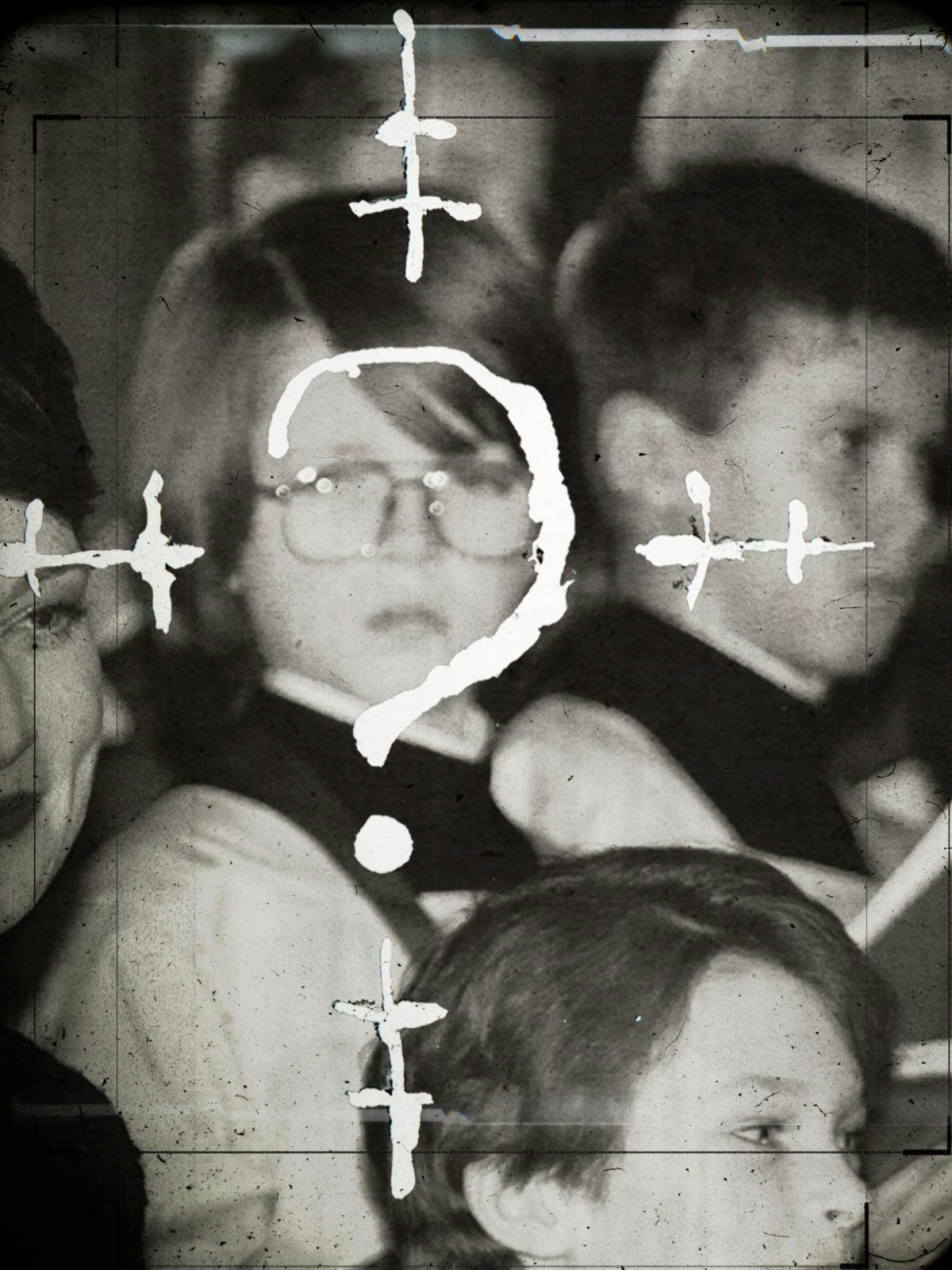
Given the timeline of events in The Batman, the attempt to bribe Elliot and his murder took place in early 2001, while the Waynes were murdered in October 2001. It seems reasonable that the orphanage campaign trip took place later in the campaign and closer to the election. This means there would have been enough time, if Elliot had a son, for him to be placed in an orphanage and later take the alias Edward while uncovering Gotham’s corrupt bureaucracy as a tribute to his father’s work.
What this means for The Batman 2
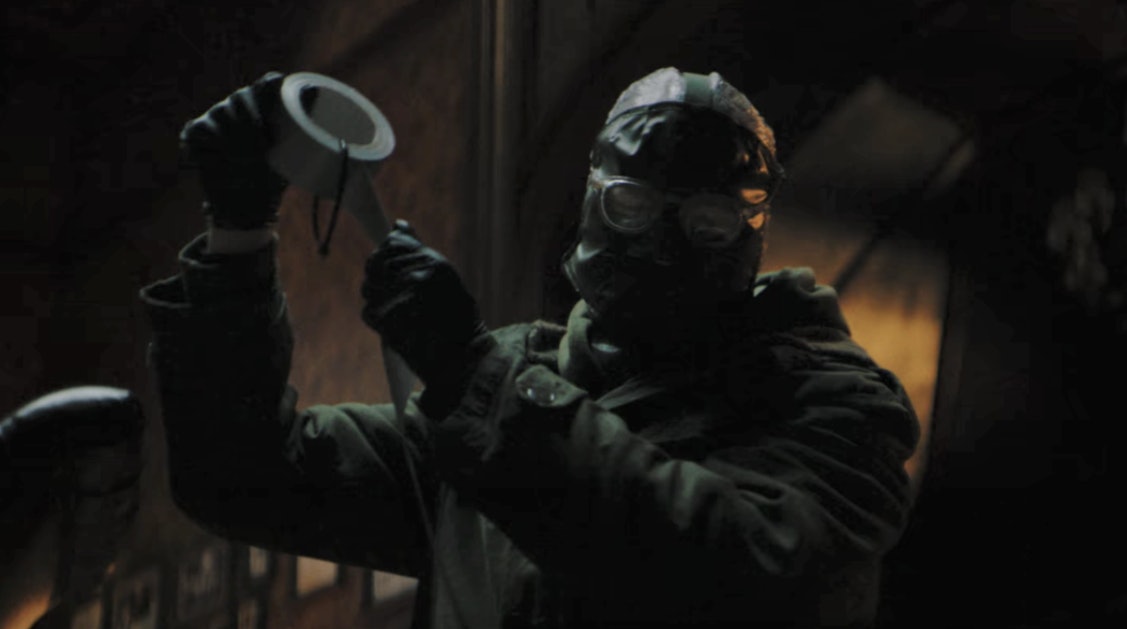
Ahead of The Batman’s release, Reeves spoke about how we’d see these characters evolve over the course of a potential (and likely) franchise, with Batman and his rogues moving closer to their more iconic looks and personalities. Some fans took this to mean we’d eventually see The Ridder in a green suit and wearing a bowler hat. That’s still possible, but this version of Riddler is a man without a face. I’m not sure he could realistically reach a point in which showing it off would be in his interest.
It's already been pointed out that The Riddler’s costume in The Batman shares some similarities with Hush’s costume, including the full-face covering and the jacket. Perhaps the evolution of Riddler’s costume is the Hush costume. In Arkham, Joker (Barry Keoghan) says, “Everybody loves a comeback story,” suggesting not only a return for the Clown Prince of Crime but “Nashton” as well.
While Reeves has said he’d be interested in using Hush in a sequel, that doesn’t mean the character would be entirely new. After all, so much of what has defined Hush (the obsession with Bruce Wayne, the grisly crimes, the faceless identity) has already been claimed by The Riddler within this universe. It would be difficult to introduce Hush without him feeling like a retread — unless he’s an evolution in The Riddler’s persona.
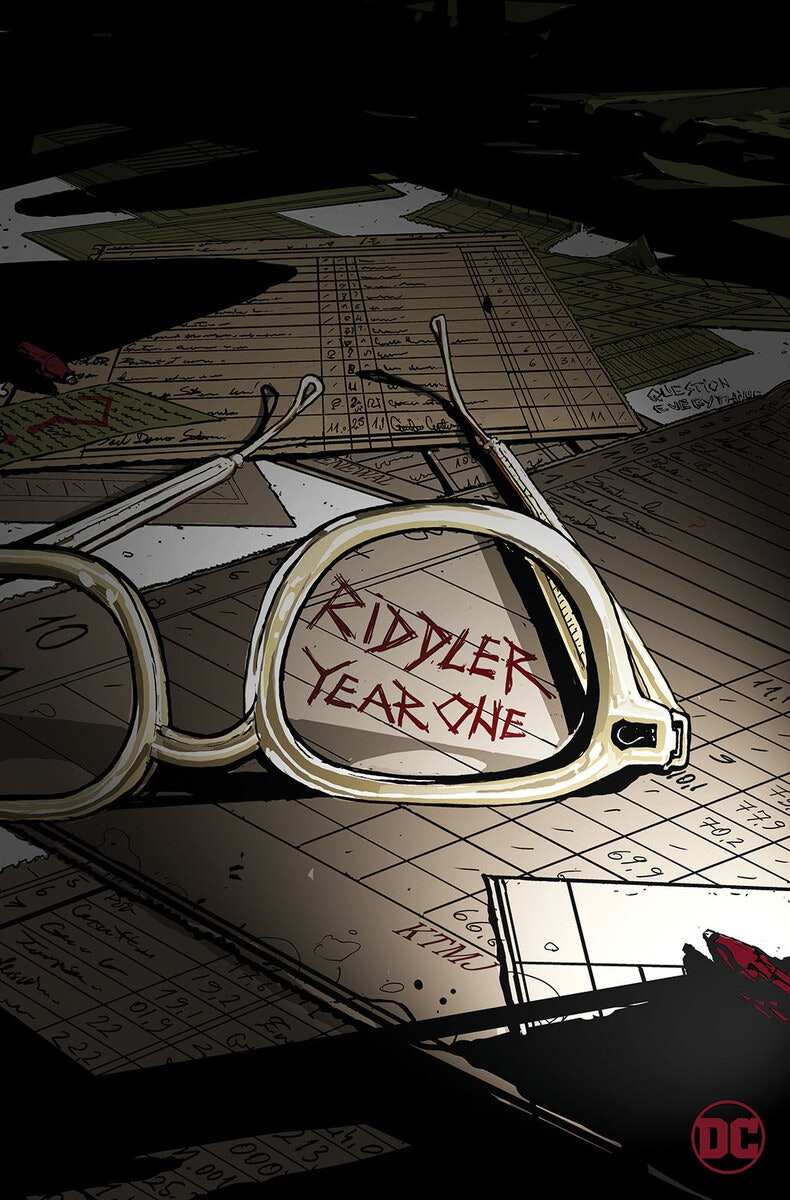
While it’s been pointed out that The Batman prequel novel, Before the Batman, contains further details about Nashton — including that he went to high school with Bruce Wayne, which seems unlikely — these tie-in books, as we’ve learned from Marvel, are rarely, if ever, made canon. So for now, at least until Paul Dano’s Riddler: Year One six-issue limited series hits stands in October and reveals more about the character’s origin, The Riddler is Tommy Elliot in my mind and I’m not going to stay hush-hush about it.
The Batman is currently in theaters and streaming on HBO Max.







